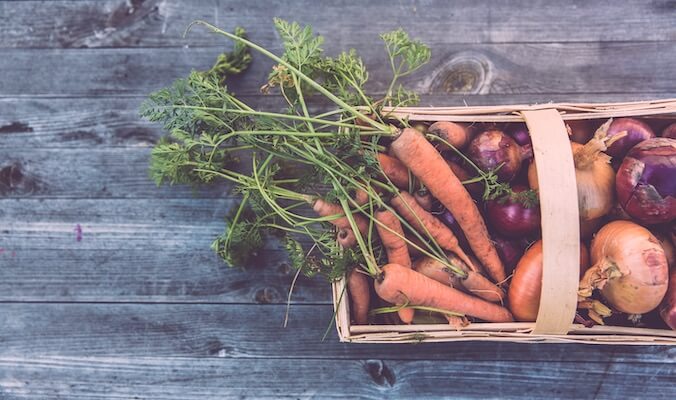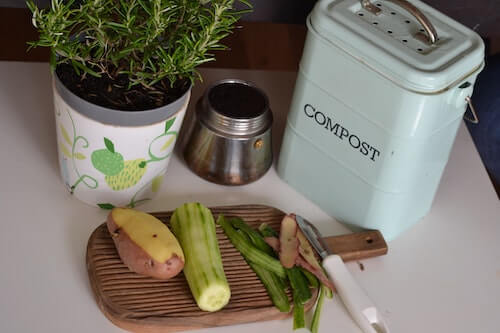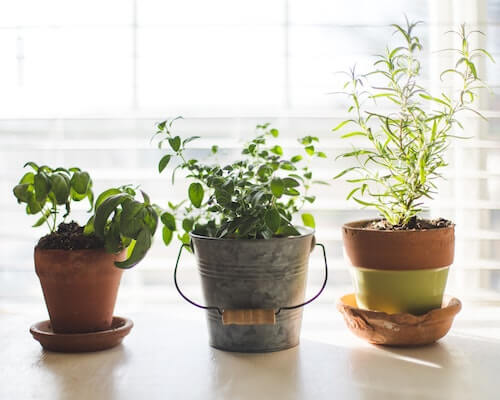How to Build an Eco-Friendly and Sustainable Garden

© Markus Spiske
We’ve only got one earth, and we’d better start taking care of it now. If you’re looking for ways to go green, why not try creating a sustainable garden? You’ll have access to 100% organic food and have fun on the way. Here are a few tips to get you started.
Use recycled materials
There is an incredible variety of items to use as flower pots and planters. Any shape or size will do as long as you’re able to drill holes in the bottom for drainage. Browse at the local thrift store or antique store for inspiration! If you’re looking for something apartment friendly, window planters are a great option, and they can be built with wood and metal supports.
Either way, using recycled (or recyclable) materials is the perfect head start to a sustainable garden, and they’re so much better looking than most mass-produced plastic pots and planters.
Stick to natural substances
Nowadays people are opting for organic veggies due to the health risks of certain chemicals, mainly from pesticides and weed killers. A list of natural weed killers on SymptomFind.com recommends vinegar, with gardening communities around the globe swearing by it. It also works as a natural pesticide against pests such as aphids and spider mites. Some gardeners also swear by adding borax powder or salt to the vinegar and dish soap solution, depending on the pest or weed you’re dealing with.
Save water
Depending on the size of your garden, watering can be a task. Avoid sprinklers, though! They tend to waste water on weeds and plant leaves without actually getting the roots. Opt for an automated watering system if you have a large garden, or go the old-fashioned route with a watering can. Just make sure to avoid the plastic route. In our post on ‘How to Live a More Sustainable Life’ it has a few ideas on how to go plastic free.
Start composting
Compost is a wonderful addition to any garden, and the composting process will help you cut down on the garbage that ends up in a landfill. To start a compost pile, keep adding layers of material – brown material like dried leaves from your fall rake-a-thon, and green material from your kitchen, including veggie ends and fruit that went bad before you got to it.

Remember to turn the pile so that the material near the bottom doesn’t compact, and add water regularly. Good compost needs oxygen and water in order to break down properly.
Keep on giving
Once you get your garden established, consider convincing others to start their own garden too! Forbes.com mentions that giving a plant as a gift can offer the recipient many years of enjoyment (even if they just manage to keep your plant alive, and not actually make a whole garden of their own).
Conclusion:
Regardless of if you have a gigantic garden or a tiny apartment planter, a garden is an excellent stress reliever and a way to start (or continue) your sustainable, eco-friendly lifestyle.



